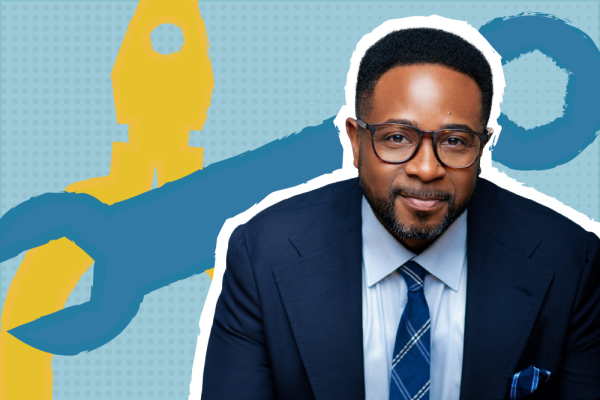Aug 26, 2025
Full disclosure: It’s entirely possible you wouldn’t be reading this interview right now if not for its subject. Let me explain.
In 2013, Jemar Tisby and Phillip Holmes, co-founder of the organization then known as the Reformed African American Network, started a podcast called Pass the Mic.
Read the Full Article

Already a subscriber? Login
